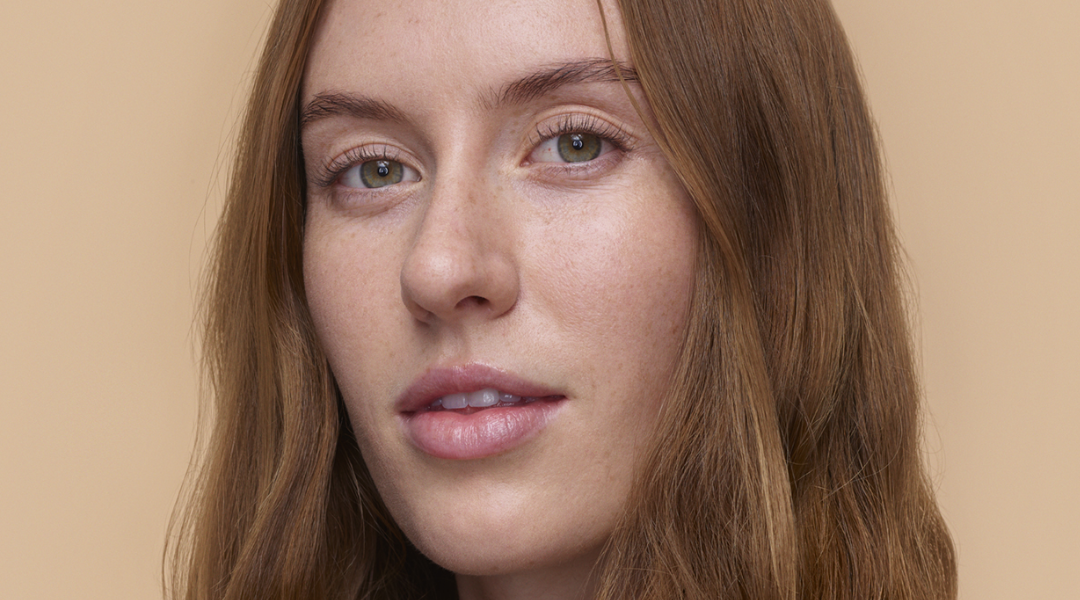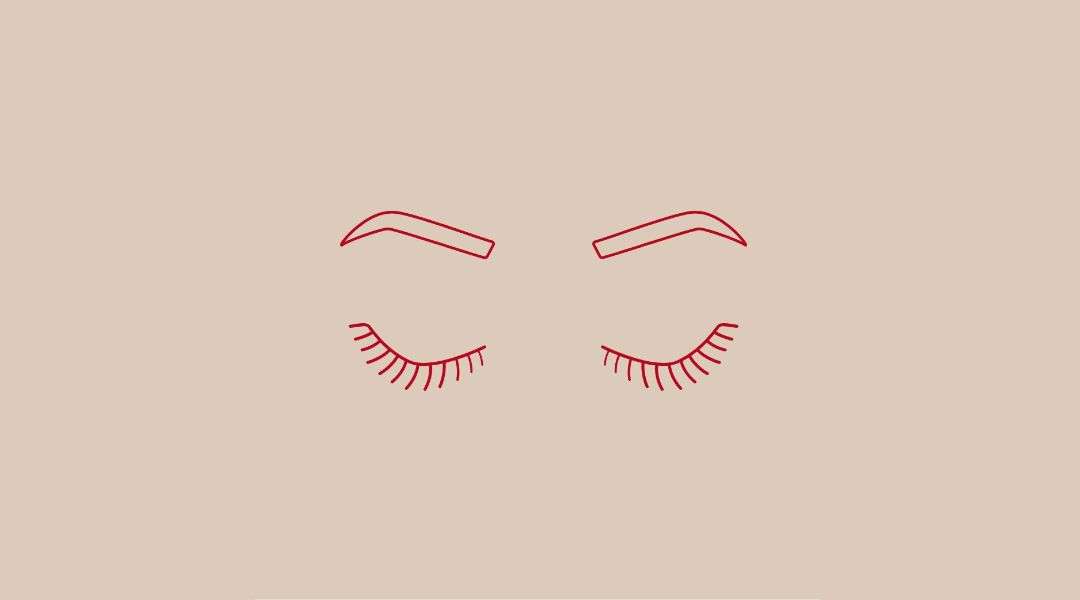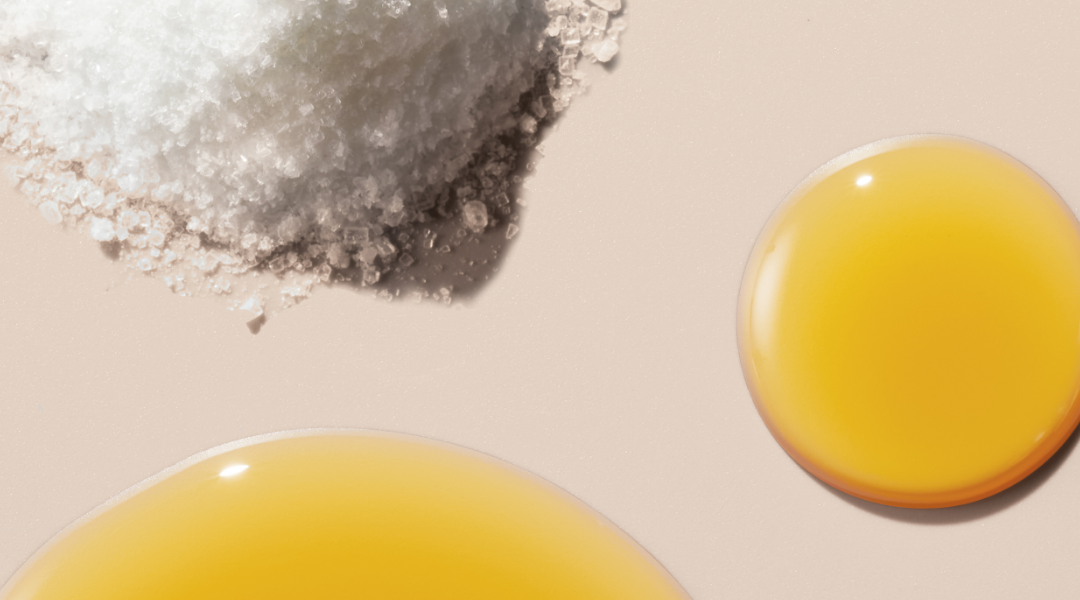You can spend all the money in the world on facials, products, accessories, and at-home treatments but if you’re not getting enough good quality sleep, it will be money down the drain. We know that sleep is essential for overall health but it’s also crucial for keeping our skin looking and feeling its best.
So, what happens when we catch some Z’s? When we sleep, our bodies go through several important processes that help us rest and repair, preventing our skin from premature ageing. Here are just a few of the things that happen to our skin when we sleep.
1. Nighttime is collagen time.

For starters, when we sleep, our body has the time and the fuel to repair our cells and build more collagen – the natural protein that gives skin elasticity and bounce. Our collagen, from age 22, starts to decline and since it’s so important for the appearance of our skin, we want to give it a helping hand and the time it needs to build.

During the day, our skin can struggle to repair because of its exposure to pollution and elements like sun, wind and rain as well as products like suncream and make-up. At night, however, our skin gets a break from those environmental and circumstantial stressors and uses the downtime of sleep (and the nutrients from nighttime skincare) to heal damage and rebuild skin cells.

We can help things along, collagen-wise, with ingredients like vitamin C, which is used in the production of collagen, bakuchiol, which stimulates collagen production, and ceramides which (like vitamin C) fight the free radicals that lead to collagen breakdown.
2. Our blood flow increases at night
Our skin behaves differently during the day than it does at night. While we’re snoozing away, our bodies increase blood flow to our skin. This helps to deliver important nutrients and oxygen to our skin cells which can help skin fight breakouts, dryness, signs of early ageing as well as repairing any damage caused throughout the day from things like cuts and sun damage.

3. Reduced inflammation
That’s not all – getting enough sleep can also help reduce inflammation in the body which can have a big impact on our skin. Some of the most common skincare concerns are caused by inflammation, like rosacea, eczema, and psoriasis. At night, our levels of cytokines are at their highest. These proteins are essential for immune function and our body’s inflammation response and without them, we can experience increased symptoms of inflammation like irritated or inflamed skin.
We know that getting enough sleep isn’t always easy. Life gets in the way, Netflix binges happen, and sometimes our brain just refuses to shut off. But there are several things you can do to improve your sleep habits and give your skin the rest it deserved. Try establishing a regular sleep schedule, creating a relaxing sleep environment, and avoiding caffeine and alcohol before bed. And hey, if all else fails, there’s always the power nap.
 Skip to content
Skip to content














